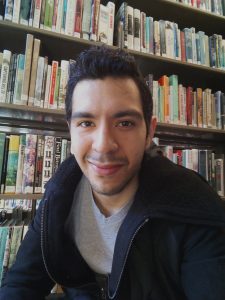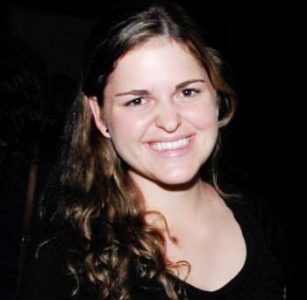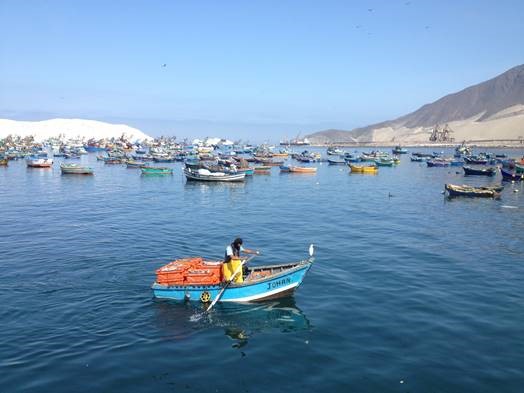IRES Seminar Series
Time: 12:30pm to 1:30pm (every Thursday)
Location: AERL Theatre (room 120), 2202 Main Mall
*********************************************************************************
*** Due to technical difficulties, this seminar was not recorded***
Exploring values in scientists’ perspectives on the relationship between nature and humans in the case of the wastewater controversy in the CRD, BC, Canada.
Values are held to be a central reason why more research does not solve scientific controversies around complex societal issues. In Victoria, BC, Canada, scientists have positioned themselves for and against building a wastewater treatment plant in a debate framed as purely technical. This study aims to investigate if the scientists’ positions are linked to their perspective on nature and its relationship with humans. We analyze peer-reviewed publications from scientists with a public position on both sides of the controversy. Those against treatment frame nature as a source of knowledge and human impact as one factor among many. In contrast, those pro-treatment portray nature as something humans can and should aid, while also being its major threat. Our study suggests that value-laden perspectives are present in scientific publications and impact scientists’ position in a seemingly technical issue.
Marco Vázquez Pérez

IRES MSc Program
Bio:
Marco started his MSc student at IRES in 2017. He is currently working under the supervision of Dr. Gunilla Öberg. Marco studied at UNAM in Mexico, receiving his Bachelor of Science in Chemistry in 2016. His interest in science and the best use of scientific knowledge in environmental issues drove him to expand the focus of his studies and explore the intersection between the environment, science, and policy. The project he is working on for his master thesis focuses on the decisions and judgments that scientists make when considering uncertainties and risks in their own research. The case study that he will be using is the Victoria wastewater treatment controversy.
Iconic Manakins and Despicable Grackles: Understanding Human-Bird Relationships in Costa Rica
Despite the great cultural and economic benefits associated with birdwatching, little is known about other kinds of benefits that people derive from and construct with birds. My research explores how birdwatchers, farmers, and urbanites perceive and value birds in Guanacaste, Costa Rica. Additionally, I evaluate which characteristics of birds (e.g., species traits) make them prone to be liked or disliked by different groups of people. I surveyed 404 people and asked them to rate their perceptions of birds for the whole bird community (n=199 species). I further evaluated which among 20 traits were shaping people’s perceptions of birds. In this talk I will discuss, among other things, why Long-tailed Manakins are loved while Great-tailed Grackles are despised.
Alejandra Echeverri

IRES PhD Program
Bio:
Alejandra Echeverri is a PhD Candidate in Resources, Environment, and Sustainability at the University of British Columbia (UBC). Alejandra’s research focuses on integrating the ecological and the social dimensions of bird conservation. She holds a B.Sc in Biology from the Universidad de los Andes (Bogotá, Colombia), and an M.Sc in Resource Management and Environmental Studies from UBC. Aside from her academic work, Alejandra is an environmental consultant for infrastructure projects in Colombia and advocates for youth engagement in the United Nations Convention of Biological Diversity.

Photo Credit: Rocio Lopez, IRES PhD Student